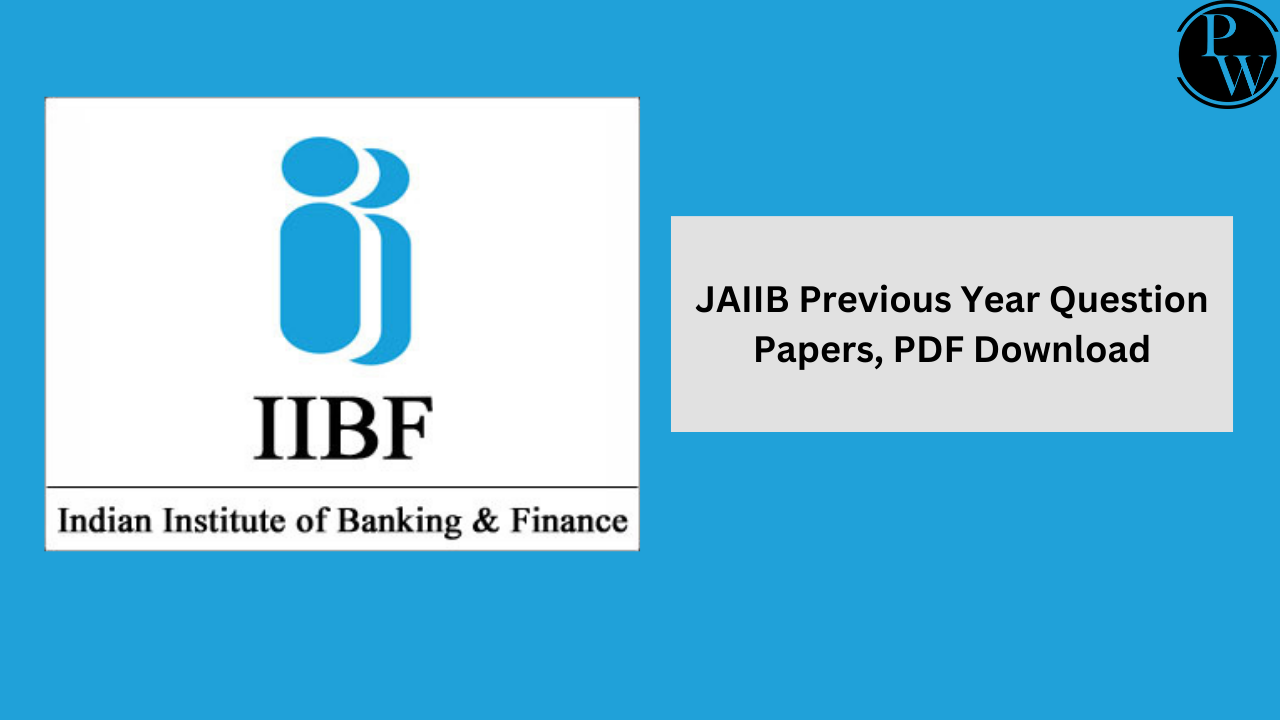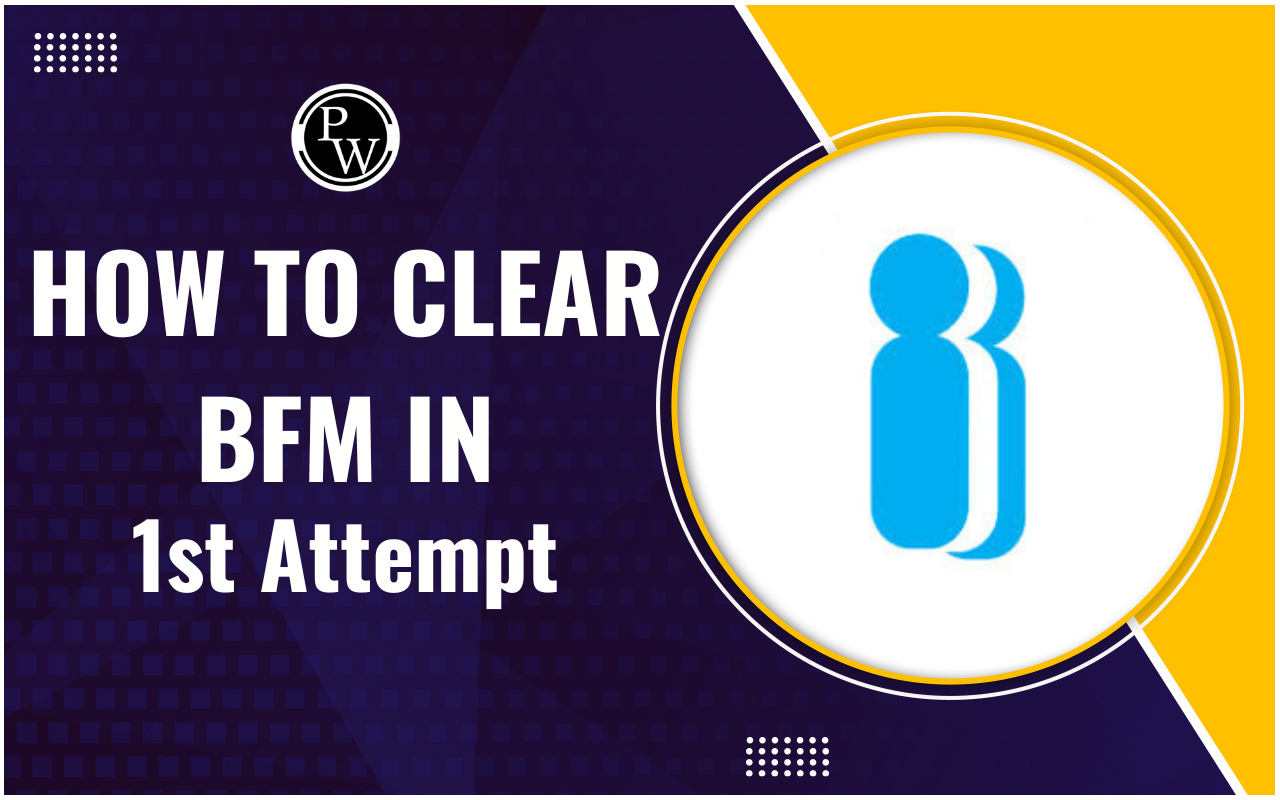

What is Mutual Fund: An Mutual Fund is a pool of money managed by a professional fund manager. It is a fund that collects money from several investors who share a common investment objective and invest in the same stocks, bonds, money market instruments and/or other securities.
And the income/profit of this collective investment is shared among the investors on a pro rata basis after deducting applicable charges and expenses while calculating the 'Net Value' or NAV of the scheme. Simply put, the money collected by several investors forms a mutual fund.What is Mutual Fund
Mutual funds are ideal for investors who do not have large sums of money to invest or who do not have the desire or time to research the market but want to grow their assets. The money collected in investment funds is invested by professional fund managers according to the goal set by the system. In return, the fund house takes a small fee, which is deducted from the investment. The fees charged by mutual funds are regulated and subject to certain restrictions imposed by the Securities and Exchange Board of India (SEBI).Types of Mutual Funds
Mutual funds can be classified in a number of ways, such as by their structure, the securities they hold, their investment strategies, etc. The Securities and Exchange Board of India (SEBI) has classified mutual funds based on what they invest in.Based on the structure:
- Open-ended funds are investment funds that allow investments and redemptions at any time, ie. they are permanent in nature. They are liquid in nature and do not have a fixed investment period.
- Closed-ended Funds have a fixed term. Investments can only be made in connection with a new fund offering and redemptions can only be made on the redemption date. You cannot buy shares in a closed-end mutual fund whenever you want.
Based on asset classes:
- Equity Mutual Funds invest at least 65% of their assets in shares of listed companies. They are more suitable for long-term investments (> 5 years) because stocks can change in the short term. They have the potential to offer higher returns, but also come with a high level of risk.
- Debt mutual funds invest primarily in fixed income instruments such as government securities, corporate bonds and other bonds. They are not affected by the volatility of the stock market, so they can offer more stable returns compared to equity funds. Types of debt mutual funds are differentiated based on the redemption period of the securities held in them.
- Hybrid Mutual funds invest in both stocks and loans in different proportions, depending on the investment objective of the fund. Thus, hybrid funds offer you versatile exposure to different asset classes. Hybrid funds are classified according to how they are allocated to stocks and liabilities.
Modes of Mutual Fund Investment
- Lumpsum: If you want to invest a significant amount in a mutual fund immediately. For example, if you have an investable amount of Rs 1,000,000, you can make a lump sum and invest the entire Rs 1.0 lakh immediately in a mutual fund of your choice. The shares allocated to you will depend on the net worth of the respective fund on that date. If the net worth is Rs 1000, you will end up with 100 mutual funds.
- SIP: You also have the option of investing small amounts from time to time. In the above example, let's say you don't have Rs 1000, but you can invest Rs 10,000 per month for 10 months and you can match your investment with your cash flow. This way of investing is called a Systematic Investment Plan (SIP). SIP encourages regular investment of fixed amounts every fortnight, month, quarter and so on depending on your needs and choice of mutual funds. This investment method encourages discipline in investing and also eliminates the need to look for the right time to invest. Many investors try to time the market, which usually requires a lot of time and knowledge. Instead, SIP averages out your costs and the investor does not need to time the market. If the NAV is low, you get higher shares and vice versa. SIPs, if done regularly over the long term, can help you build a larger investment corpus.
Advantages of Mutual Fund
Now that we know what mutual funds are and how they work with their types, let us look at the benefits of investing in mutual funds.- Diversification: The saying "don't put all your eggs in one basket" is perfect for mutual funds because spreading your investments across multiple securities and asset classes reduces risk. Compared to, for example, direct equity investments, where one's funds are placed in the shares of individual companies, equity funds invest in a basket of shares from different sectors, which reduces risk.
- Professional Management: Mutual funds are managed by full-time professional fund managers who have the knowledge, experience and resources to buy, sell and manage investments. The fund manager constantly monitors investments and balances the portfolio accordingly to achieve the objectives of the system.
- Transparency: Every investment fund has a plan information document readily available on the fund's website, which contains all the information about its holdings, fund manager, etc. In addition, portfolio investment value (NAV) is published daily on AMC website and AMFI website for investors to monitor mutual fund portfolio.
- Liquidity: You can redeem your investment on any working day/working day at the redemption date NAV. Therefore, depending on the type of fund you have invested in, the invested funds will arrive in your bank account in 1-3 days. However, closed-end funds allow redemption only when the mutual fund matures. Similarly, ELSS mutual funds have a lock-in period of three years.
- Tax Savings: Investment up to Rs. 1,50,000 in ELSS mutual funds qualifies for tax benefits under Section 80C of the Income Tax Act, 1961. Investments in mutual funds are tax efficient if they are held for a longer period of time.
- Choice: There are many ways to invest in mutual funds to suit your different needs. Liquid funds are for investors looking to benefit from the safety of debt and low interest rate risk, funds with flexible capital if you are looking for equity diversification and solution-focused mutual funds if you are looking to invest. for a specific purpose, such as retirement or children's education, etc.
- Cost effective: Mutual funds are an affordable investment vehicle. Combined investments in the fund by several investors allow the fund to invest in a basket of stocks and bonds that may otherwise be beyond the reach of the average investor or require a larger investment amount. Thus, these combined investments offer economies of scale. On the contrary, the lower expenses of investors, such as brokerage activities, etc., are considered at low fund costs. Therefore, investing in mutual funds through ET Money makes sense as it helps reduce costs further.
- Performance: Mutual funds do not guarantee the performance of mutual funds and are subject to market risks. But in the long run, equity funds have the potential to generate double-digit returns every year. Debt funds can also offer higher returns compared to bank deposits. You can also use the fund calculator to calculate your potential return.
- Well Regulated: In India, the mutual fund sector is regulated by the capital markets regulator Securities and Exchange Board of India (SEBI). Therefore, mutual funds must follow strict rules and regulations that ensure investor protection, risk reduction, liquidity and fair value.
Disadvantages of Mutual Fund
- Exit Charge: Mutual funds usually charge an exit charge (fee) for redeeming investments within a specified period of time, such as one year from the date of investment. This is to prevent the investor from leaving the system too soon, as this affects both the result of the fund and the achievement of the investor's goal. If, for example, you invest directly in shares, you will not have an exit load, and compared to this, it may seem like an additional cost. However, this was introduced for the benefit of investors.
- High Charges: SEBI has set a maximum limit for the charging rates of investment houses and these depend on the size of the investment fund. As size increases, costs tend to decrease. The maximum expense rate charged by an equity mutual fund is 2.25%. And you have to bear this fee regardless of the performance of the fund. Compared to other forms of investing, such as straight stocks, you may find that the expense ratio is greater than the brokerage you pay. But then you're paying for convenience and expertise, so it's a balance you have to strike.
- Overdiversification: To diversify your investments, you can invest in mutual funds that invest in many stocks, resulting in overdiversification. Not all stocks in a portfolio will generate high returns all the time. You may end up investing in two mutual funds with similar portfolios, which can lead to over-diversification. Before investing, it is worth studying the portfolio of investment funds.
- Risk: Investments in mutual funds are subject to market risk. The risk of losing all types of securities in financial markets cannot be spread. Market risks can be caused by many macroeconomic and microeconomic factors. For example, equity funds are subject to volatility risk due to fluctuations in the stock market, while bond funds are subject to volatility risk due to fluctuations in interest rates, etc.
What is Mutual Fund FAQs
Q1. What is Mutual Fund?
Ans. A mutual fund is a company that collects money from many investors and invests the money in securities such as stocks, bonds and short-term loans.
Q2. What are the different types of Mutual Fund?
Ans, Based on the structure Mutual Funds are divided into two- Open-ended Fund and Close-ended Fund.
Q3. Is mutual fund good or bad?
Ans. When used correctly, mutual funds can provide good returns while the risk is minimal, especially compared to individual stocks or bonds. They are particularly good for people who are not experienced in the dynamics of stock markets, as they are managed by experienced fund managers.
Talk to a counsellorHave doubts? Our support team will be happy to assist you!

Check out these Related Articles
Free Learning Resources
PW Books
Notes (Class 10-12)
PW Study Materials
Notes (Class 6-9)
Ncert Solutions
Govt Exams
Class 6th to 12th Online Courses
Govt Job Exams Courses
UPSC Coaching
Defence Exam Coaching
Gate Exam Coaching
Other Exams
Know about Physics Wallah
Physics Wallah is an Indian edtech platform that provides accessible & comprehensive learning experiences to students from Class 6th to postgraduate level. We also provide extensive NCERT solutions, sample paper, NEET, JEE Mains, BITSAT previous year papers & more such resources to students. Physics Wallah also caters to over 3.5 million registered students and over 78 lakh+ Youtube subscribers with 4.8 rating on its app.
We Stand Out because
We provide students with intensive courses with India’s qualified & experienced faculties & mentors. PW strives to make the learning experience comprehensive and accessible for students of all sections of society. We believe in empowering every single student who couldn't dream of a good career in engineering and medical field earlier.
Our Key Focus Areas
Physics Wallah's main focus is to make the learning experience as economical as possible for all students. With our affordable courses like Lakshya, Udaan and Arjuna and many others, we have been able to provide a platform for lakhs of aspirants. From providing Chemistry, Maths, Physics formula to giving e-books of eminent authors like RD Sharma, RS Aggarwal and Lakhmir Singh, PW focuses on every single student's need for preparation.
What Makes Us Different
Physics Wallah strives to develop a comprehensive pedagogical structure for students, where they get a state-of-the-art learning experience with study material and resources. Apart from catering students preparing for JEE Mains and NEET, PW also provides study material for each state board like Uttar Pradesh, Bihar, and others
Copyright © 2025 Physicswallah Limited All rights reserved.











